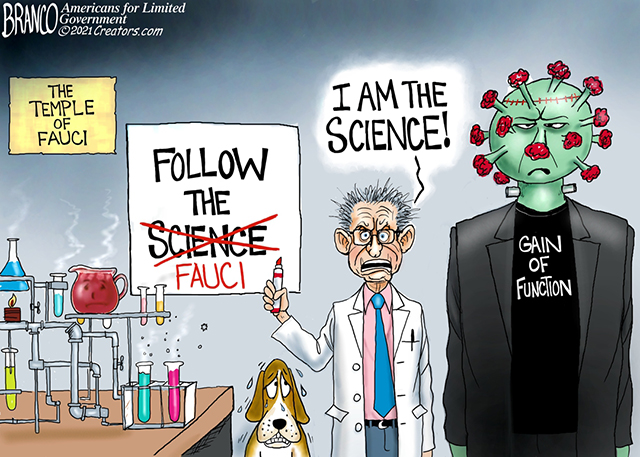Leading scientists publish review warning that COVID-19 booster shots are “not appropriate” and lack supporting data
09/15/2021 / By Cassie B.

As pharmaceutical companies and some health agencies continue their push for COVID-19 vaccine booster shots, a group of leading American and international scientists have concluded that boosters are not necessary for the general public at this time.
This conclusion was published in the peer-reviewed journal The Lancet. Among the scientists are senior officials with the Food and Drug Administration (FDA) and the World Health Organization (WHO). Two of the scientists who participated in the review were the FDA’s Office of Vaccines Research and Review Director Marion Gruber and Deputy Director Philip Krause, who recently announced they would be leaving the FDA due to frustrations over the agency’s move to support booster shots.
The scientists said that although the effectiveness of COVID-19 vaccines against mild disease wanes with time, the protection they provide against severe disease could persist due to certain complexities of the body’s immune system and other defenses the body has besides antibodies that could protect people from getting seriously ill.
They concluded that widely distributing booster shots is “not appropriate at this stage in the pandemic.”
However, they did concede that booster shots could be needed for the general population should vaccine-induced immunity decline even further or new variants emerge that are capable of evading the protection afforded by the shots.
If two doses are causing so many side effects, what could happen after three?
Not only is the third/booster shot unnecessary, but the scientists expressed concerns about the potential for side effects like the heart inflammation condition myocarditis, which tends to be more common after people have received their second dose of an mRNA vaccine.
They wrote: “If unnecessary boosting causes significant adverse reactions, there could be implications for vaccine acceptance that go beyond COVID-19 vaccines.”
The scientists’ warning comes a week before the Biden administration plans to start offering COVID-19 vaccine boosters to the general public in the U.S. An advisory group from the FDA will be holding a meeting to discuss data supporting the widespread use of boosters.
Last month, the administration cited a trio of studies released by the Centers for Disease Control and Prevention demonstrating that the protection offered by the vaccines against COVID-19 decreased over a period of several months. The administration’s plan is calling for people to get a third dose just eight months after receiving their second shot of either the Moderna or Pfizer vaccine.
Meanwhile, data submitted by Pfizer to the FDA as it seeks to gain approval for distributing its booster shots across the U.S. shows that the side effects of COVID-19 vaccine boosters are similar to those experienced following the second dose. These effects are more likely to affect younger people.
This is based on a phase three study of boosters that involved around 300 participants aged 18 to 55. Their studies have also found adverse events among 306 people who received booster shots. Forty-four of these people developed at least one unexpected side effect; swelling of the lymph nodes was found in 16 of the participants.
Other health experts and scientists have been heavily criticizing booster plans on the grounds that the data cited was not very compelling. In the UK, a government advisory panel plans to recommend whether or not a third dose should be widely administered soon; the country is already offering people with severely weakened immune systems a third dose. The European Medicines Agency is also reportedly reviewing booster data provided by the makers of the Pfizer and Moderna jabs.
Sources for this article include:
Tagged Under: Big Pharma, booster shots, covid-19 vaccines, FDA, immunity, Moderna, mRNA vaccines, Pfizer, pharmaceutical fraud, research, WHO
RECENT NEWS & ARTICLES
COPYRIGHT © 2017 VACCINE INJURY NEWS COM





















